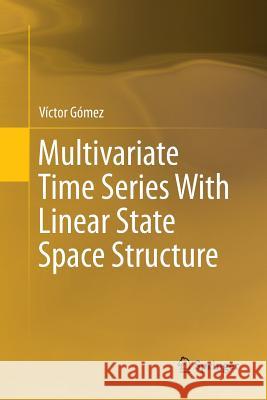Multivariate Time Series with Linear State Space Structure » książka
topmenu
Multivariate Time Series with Linear State Space Structure
ISBN-13: 9783319803852 / Angielski / Miękka / 2018 / 541 str.
Kategorie:
Kategorie BISAC:
Wydawca:
Springer
Język:
Angielski
ISBN-13:
9783319803852
Rok wydania:
2018
Wydanie:
Softcover Repri
Ilość stron:
541
Waga:
0.77 kg
Wymiary:
23.39 x 15.6 x 2.9
Oprawa:
Miękka
Wolumenów:
01
Dodatkowe informacje:
Wydanie ilustrowane











